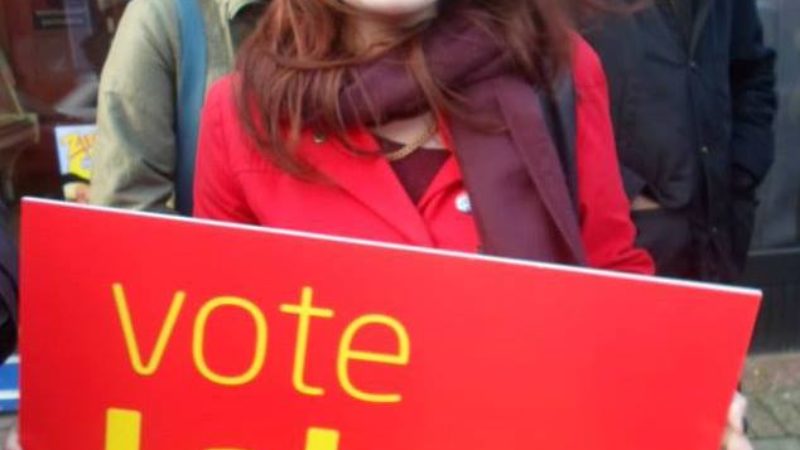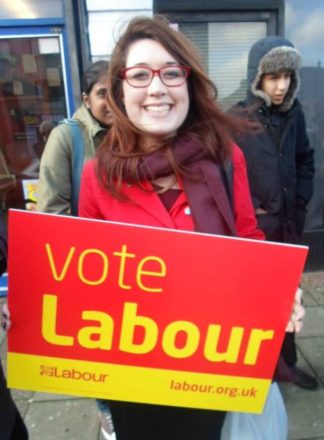

Jeremy Corbyn was asked on Monday whether he thought that people knew what they were voting for this week. He replied that he would like to think so, but that he wasn’t sure. I share these concerns. Not because we have an apathetic electorate, but because, at this stage, you could make a full-time job out deciphering the different claims about Brexit – and still end up confused.
An ill-informed decision with unforeseen consequences is a huge concern for those of us who will wait up for the results. But, whatever the result, our politics has already changed for everyone in the country. And sadly, I do not think the changes will be positive.
There is debate and controversy over whether it is appropriate to link Nigel Farage’s campaign to the tragic death of Jo Cox. But, even if you do not believe that there is a link, it is hard to deny that the atmosphere in Britain is tense and that this tension is profoundly affecting the communities who are already most marginalised.
Actually, “tense” is too generous a word. Our politics over the past few weeks has been hostile, aggressive and deeply polarised. Worse still, while these issues have been greatly exacerbated by the referendum, I fear that the climax of the vote will not even begin to put them to rest.
I say this because of my own experience in Scotland. The months running up to the Scottish independence referendum in 2014 shared many features with the EU referendum today. The campaigns fought over the accuracy of statistics, outlandish claims were made, folk were accused of being “traitors” if they were on the wrong side. Tensions ran high, and they still do today. We have been left, in Scotland, with a politics dominated by nationalism. The last election was a clash between the SNP’s Scottish nationalism and the British nationalism of Tory unionism. The socialist and internationalist politics of Scottish Labour could not compete. This is the legacy of the referendum: when we challenge austerity and inequality in Scotland no one is listening, they’re too busy focused on the politics of identity and personality.
My greatest fear is that the effect of the EU referendum will be worse. Will we be left with a fundamental shift to the centre ground that considers as fair game the demonisation of minority communities within our borders, and outside them? With a prevailing political narrative of “take back control”?
The lesson from Scotland is that referenda do not settle political questions: they ensure that these questions continue to dominate and polarise politics. Our voters are divided on the EU but we need to make sure that workers know that whichever side they are on; we are on theirs. This cannot be achieved through media spin. Instead we need to work hard to build a movement that can develop meaningful and reciprocal relationships with communities and workplaces.
Before the EU referendum this strategy was our only viable route to Downing Street. Now, the stakes are higher still, with the values of not just our party but our society on the line.
Rhea Wolfson is a candidate for Labour’s NEC.




More from LabourList
‘Council Tax shouldn’t punish those who have the least or those we owe the most’
Two-thirds of Labour members say government has made too many policy U-turns, poll reveals
‘Two states, one future: five steps on the path to peace for Israelis and Palestinians’